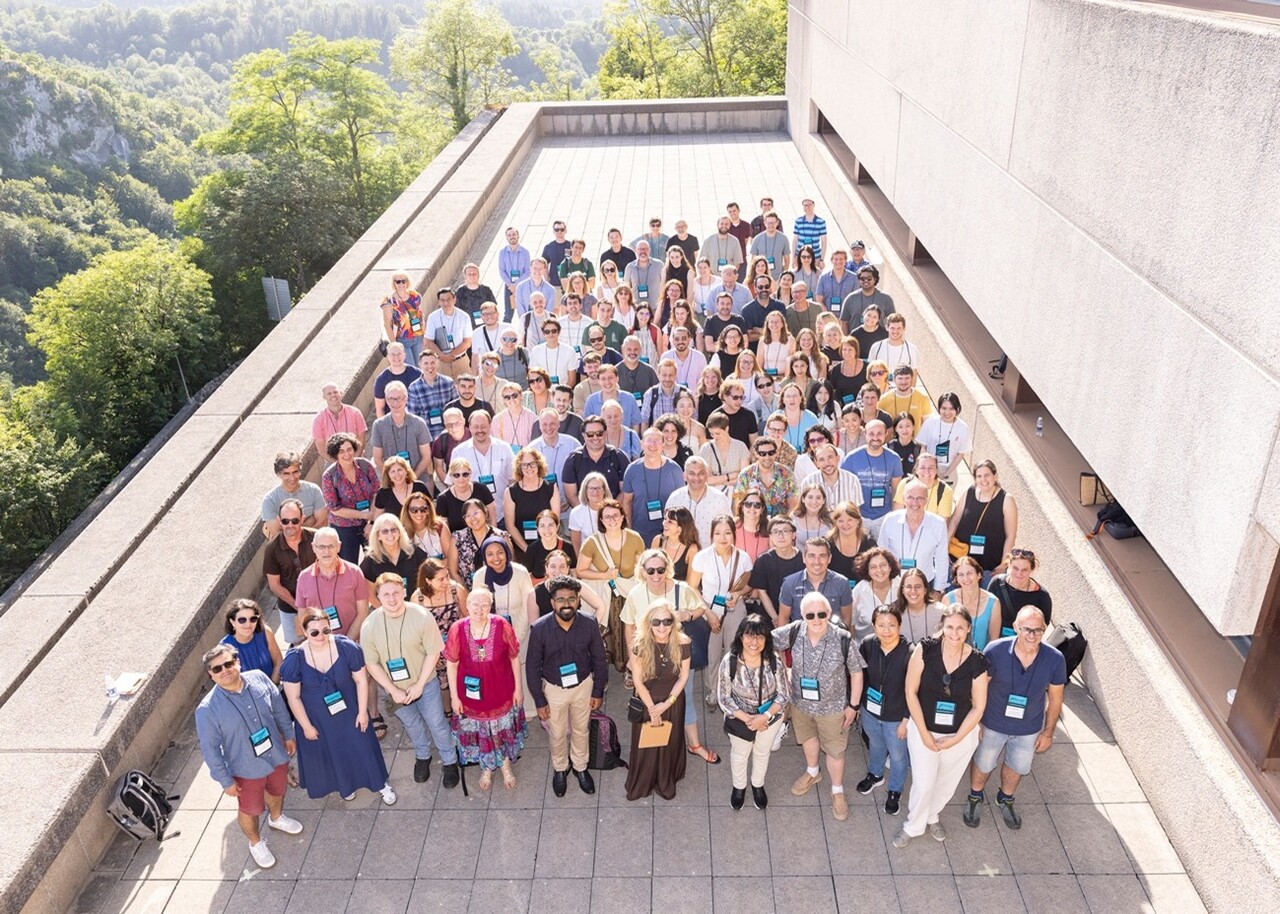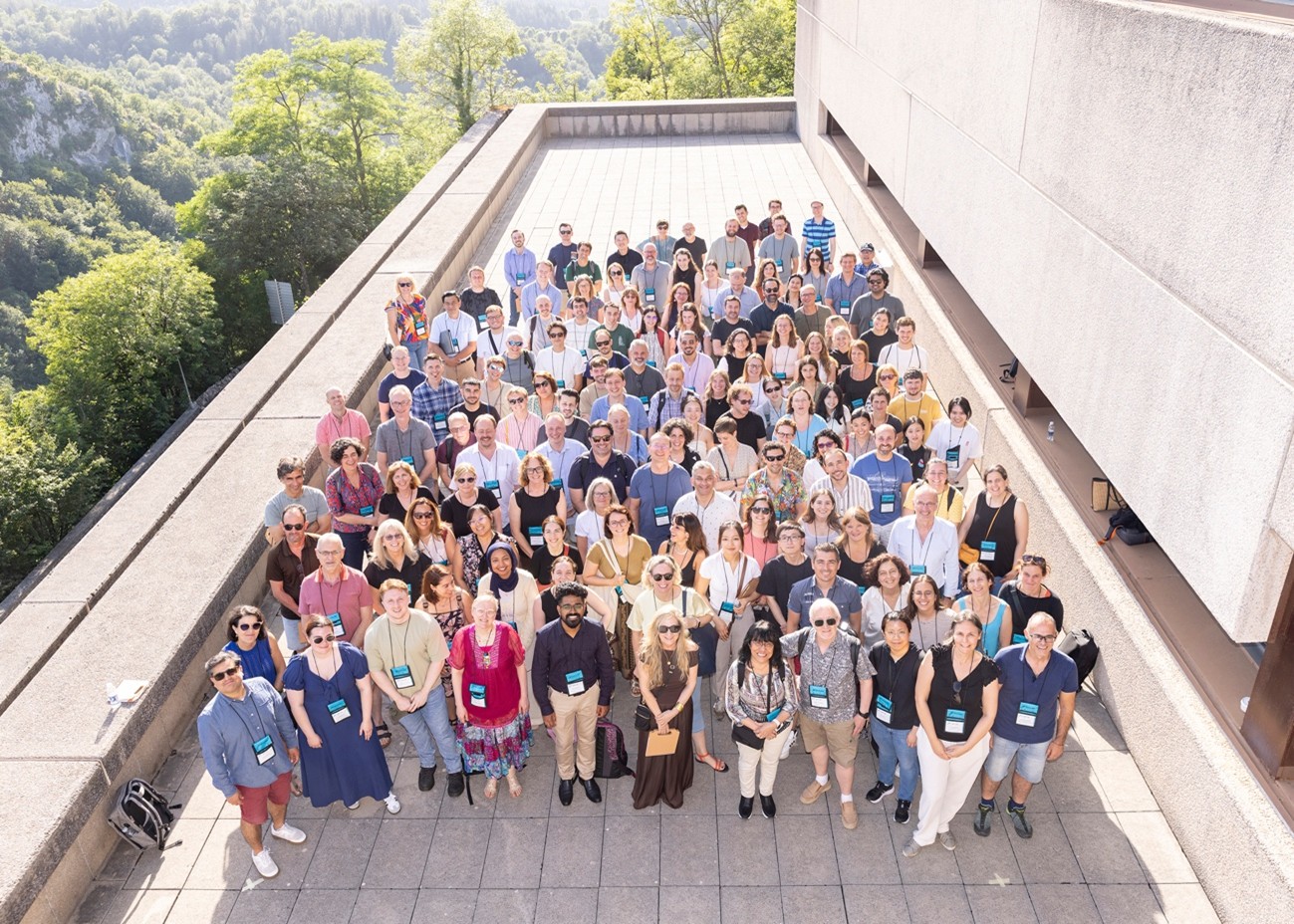FEBS Advanced Workshop: EUROPEAN WORKSHOP ON BACTERIAL PROTEIN TOXINS - A Resounding Success in Spain!

The 22nd European Workshop on Bacterial Protein Toxins, ETOX 2025, concluded recently in the Basque Country (Spain), and we are thrilled to share some of the highlights from what was an incredibly insightful and inspiring event. From June 29th to July 3rd, researchers from across Europe and beyond gathered at the Gandiaga Topagunea Centre, Arantzazu, Spain, to exchange knowledge, discuss cutting-edge research, and foster collaborations in the ever-evolving field of bacterial toxins. This year marked the 22nd ETOX meeting, and notably, it was the first time the event was held in Spain.
Uniting Experts and Fostering New Discoveries
The primary aim of ETOX 2025 was to unite world-leading experts in diverse fields relevant to bacterial toxins with the new generation of upcoming and early career scientists. The workshop successfully enabled the exchange of the latest findings and ideas, providing young scientists with ample opportunities to present and discuss their work in a relaxed atmosphere. The field of bacterial toxins, encompassing those that attack eukaryotic cells, facilitate host-pathogen interactions, eliminate rival bacteria, and promote phage resistance, is recognised as vibrant and fast-moving. We anticipate that the discoveries shared and collaborations initiated at ETOX 2025 will contribute significantly to fundamental biological insights and new avenues for therapeutics, biocontrol, vaccines, and diagnostics.
Key Themes and Scientific Excellence
ETOX 2025 truly showcased the breadth and depth of modern bacterial toxin research, focusing on several critical topics:
- Mechanism of Toxin Effectors and Their Secretion Systems: Sessions delved into the intricate workings of bacterial toxins and how they are delivered, including discussions on Type III Secretion System (T3SS), Type IV Secretion System (T4SS), Type V Secretion System (T5SS), Type VI Secretion System (T6SS), and Type VII Secretion System (T7SS) dependent toxins. Researchers presented insights into how these complex nanomachines mediate the transfer of toxic proteins into target cells, playing crucial roles in bacterial competition and virulence.
- Host Responses and Immunity: A significant portion of the program explored how hosts react to bacterial toxins and the immune mechanisms involved. Presentations covered topics such as cell intrinsic immunity to intracellular bacteria and the impact of toxins on host cell signalling and inflammatory responses.
- Divergent Roles of Bacterial Effectors and Toxins: Talks highlighted the diverse functions of bacterial toxins, from those that contribute to serious diseases like Typhoid fever and colon cancer development to those that modulate cancer cell signalling for potential therapeutic applications.
- Bacterial Toxins Against Bacteria: The competitive nature of microbial communities was explored, with presentations on toxins that eliminate rival bacteria, including novel polymorphic toxin systems and the role of various secretion systems in interbacterial killing.
- Host-Pathogen Interactions: Discussions focused on the complex interplay between bacterial pathogens and their hosts, including how toxins like staphylococcal bi-component leukocidins selectively bind to host cell receptors and how bacterial effectors reprogram cellular processes for successful infection.
- New Perspectives on Bacterial Toxins and Effectors: Emerging research on topics such as the functions of non-toxic proteins associated with toxins and the role of bacterial membrane vesicles in delivering virulence factors provided fresh insights into the field.
Highlights from the Scientific Program
Attendees were treated to a rich program, including keynote lectures and numerous sessions. Dr. Victor Torres from St. Jude Children's Research Hospital delivered a captivating keynote on "Unmasking the secrets of the staphylococcal bi-component leukocidins", detailing the discovery and study of LukAB as a potential vaccine candidate for S. aureus infections. Dr. Jorge E. Galán of Yale School of Medicine provided a deeper "Understanding of Typhoid fever: from pathognomonic symptoms to host specificity". Other notable presentations included Karla Satchell on MARTX toxin surface interactions, Sun Nyunt Wai on the modulation of cancer cell signalling by secreted bacterial factors, and Eric Cascales on the architecture and mechanism of the Type VI secretion system, among many more outstanding talks.
The program also featured active poster sessions, which provided excellent opportunities for young researchers to showcase their work and engage with leading experts. In particular, we would like to congratulate the two FEBS Open Bio poster prize winners Jesse Pak & Abrahamsen Hunter for their excellent posters.
Arantzazu: An Inspiring Venue
Arantzazu, Basque Country, Spain, proved to be an inspiring and conducive environment for ETOX 2025. The historical and natural beauty of the location provided a unique backdrop for scientific discussions and networking.
Looking Ahead
We extend our sincere gratitude to the local organizers, Patricia Bernal (Universidad de Sevilla) and David Albesa (Instituto Biofisika, University of the Basque Country), as well as all the speakers, presenters, attendees, and sponsors who contributed to making ETOX 2025 an unforgettable event. The knowledge shared, the connections made, and the inspiration gained will undoubtedly fuel significant progress in the field of bacterial toxins.
We look forward to seeing you all at the next ETOX meeting, where we will continue to advance the frontiers of bacterial toxins together!
ETOX 2025 Attendees






Join the FEBS Network today
Joining the FEBS Network’s molecular life sciences community enables you to access special content on the site, present your profile, 'follow' contributors, 'comment' on and 'like' content, post your own content, and set up a tailored email digest for updates.